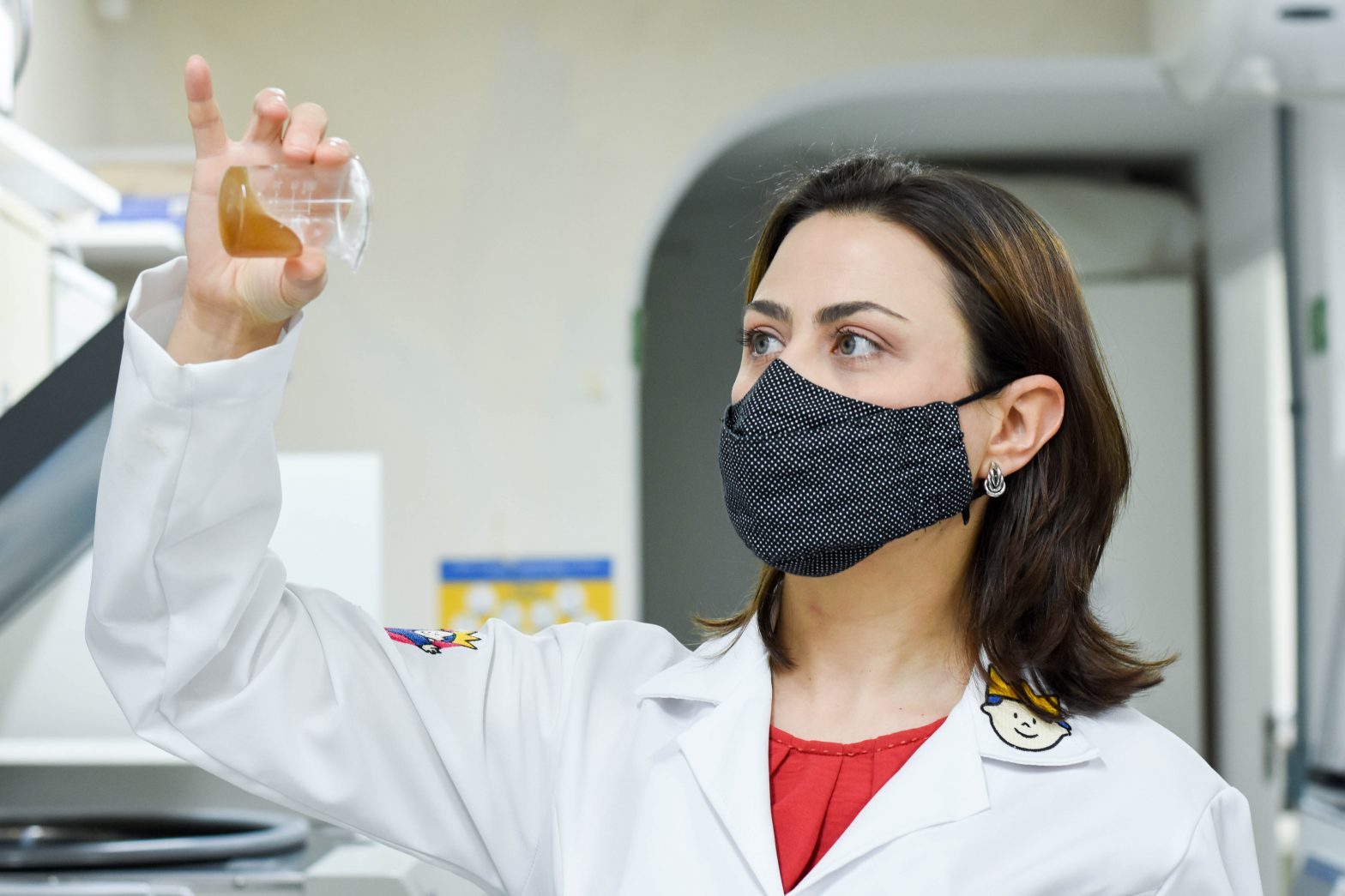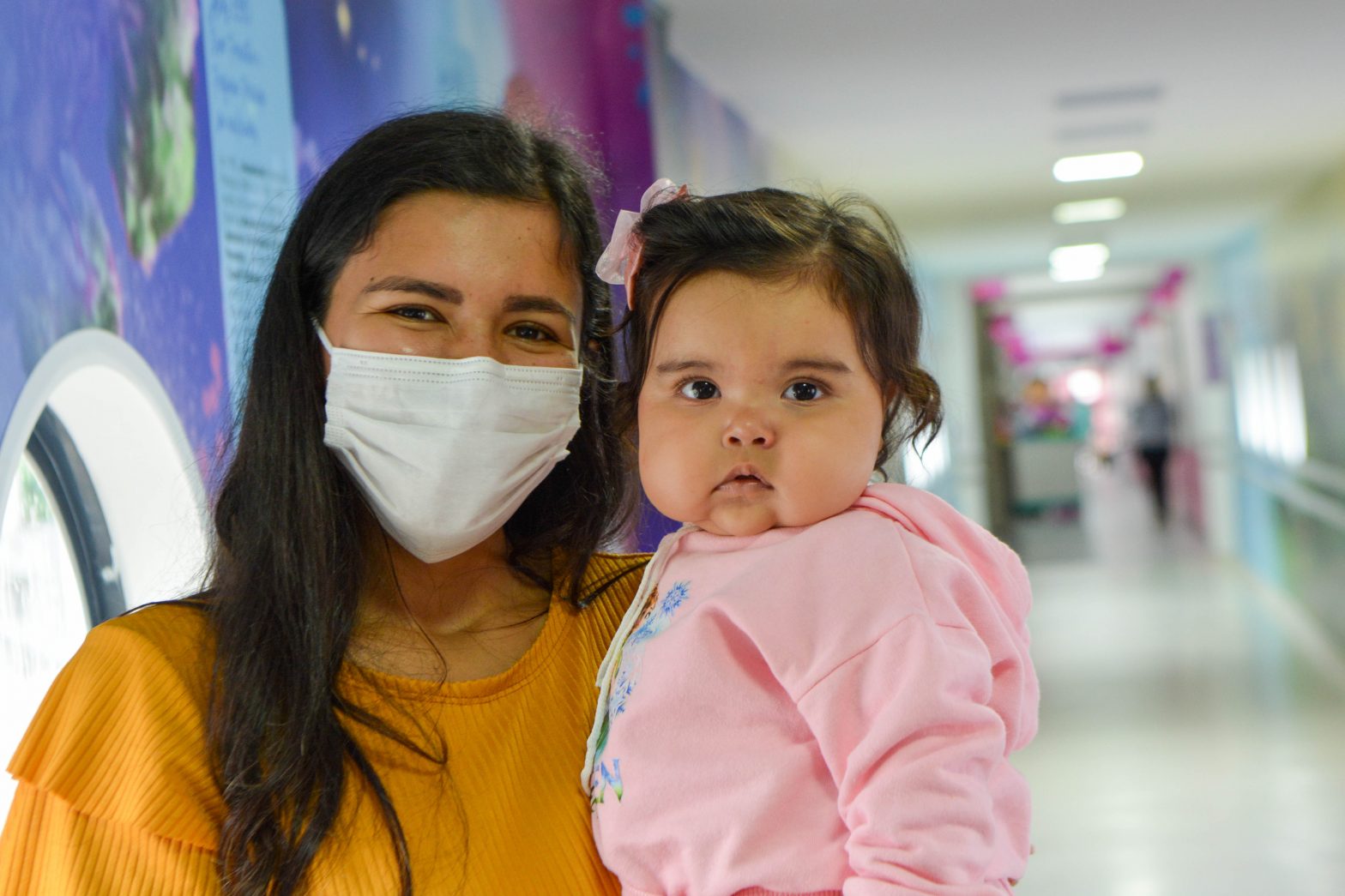Growth in COVID-19 cases and high drug prices mark the first half of the year
Number of infected children was 30% higher than the total recorded in 2021; drugs had an increase of up to 120%
The first half of 2022 imposed a challenging scenario for Brazilian hospitals. In Pequeno Príncipe, the largest exclusively pediatric hospital in Brazil, there was an outbreak in the number of COVID-19 cases; seasonal diseases have also rebounded strongly among the children and youth population, overcrowding the Emergency Room. And to sum it up, medicines and supplies had its prices adjusted in up to 120%. “This scenario makes the operation extremely challenging, especially since these issues are added to those experienced in the previous two years, caused by the pandemic,” explains the corporate director of the Pequeno Príncipe Complex, José Álvaro da Silva Carneiro.
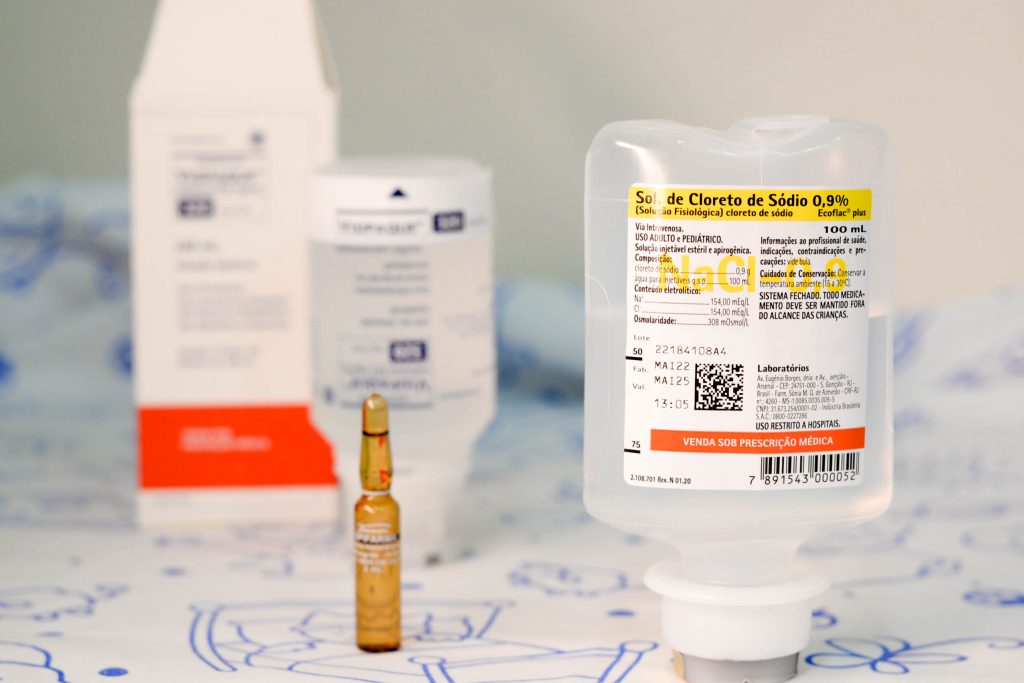
COVID-19
Vaccination campaigns against COVID-19 for adults advanced in Brazil in 2021, significantly reducing the number of infections and especially deaths. For children, however, vaccination only started on January 17, 2022. And this delay, coupled with the emergence of the omicron variant, was the main reason that led to an outbreak of cases among children earlier this year. Considering the care provided at Pequeno Príncipe Hospital, the number of positive cases in the first half of 2022 was 30% higher than the total number of cases recorded in the 12 months of 2021. There are 1,682 cases in a semester against 1,295 in the entire previous year. The number of hospitalized patients is also noteworthy: in the first semester alone, 267 children required hospitalization, 9% more than in the 12 months of last year.
The peak of contamination occurred in the first two months of the year, with 67% of positive cases. After this period, it was possible to notice a significant reduction in cases, which, according to experts, was caused by the advance of vaccination among children aged 5 to 11 years. “At the end of the semester, we could see that most of the infected children were in the age group below 5 years, for which vaccines were not yet released,” points out the infectious disease doctor and assistant technical director of Pequeno Príncipe, Victor Horácio de Souza Costa Junior.
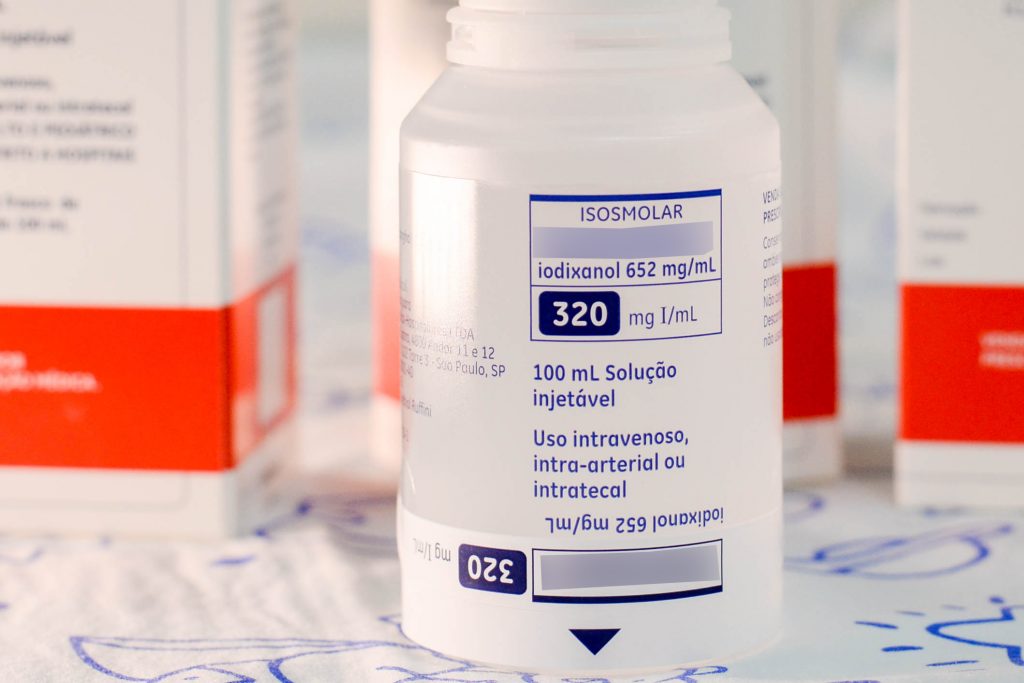
Increase in drug prices
The first half was also marked by a significant increase in the price of medicines. According to the administrative-financial director of the Hospital, André Teixeira, problems in the global production chain, caused by the war in Ukraine, the increase in demand and the scarcity of raw materials, led the industry to increase prices by up to 120%. “During the pandemic, we increased stocks to avoid shortages. Over the past year, we were able to normalize our inventories to improve cash flow. But at this moment, in the face of the global crisis in the sector, we are having to increase inventories again, to avoid the lack of products,” he highlights.
Among the supplies and medicines that had their prices affected are serums, anesthetics, immunoglobulins, antifungals, contrast agents, catheters and others. “They are medicines and basic supplies, used on a large scale in the day-to-day life of a hospital of our size,” he adds.
The director also informs that, although the number of employees infected with the coronavirus has decreased, the absences are still occurring, adding to this picture the cases of mental health, which generates the need for additional hiring and increases the costs of payroll. In the first half of the year alone, the total number of sick leave among employees due to COVID-19 was equivalent to 7,849 days.
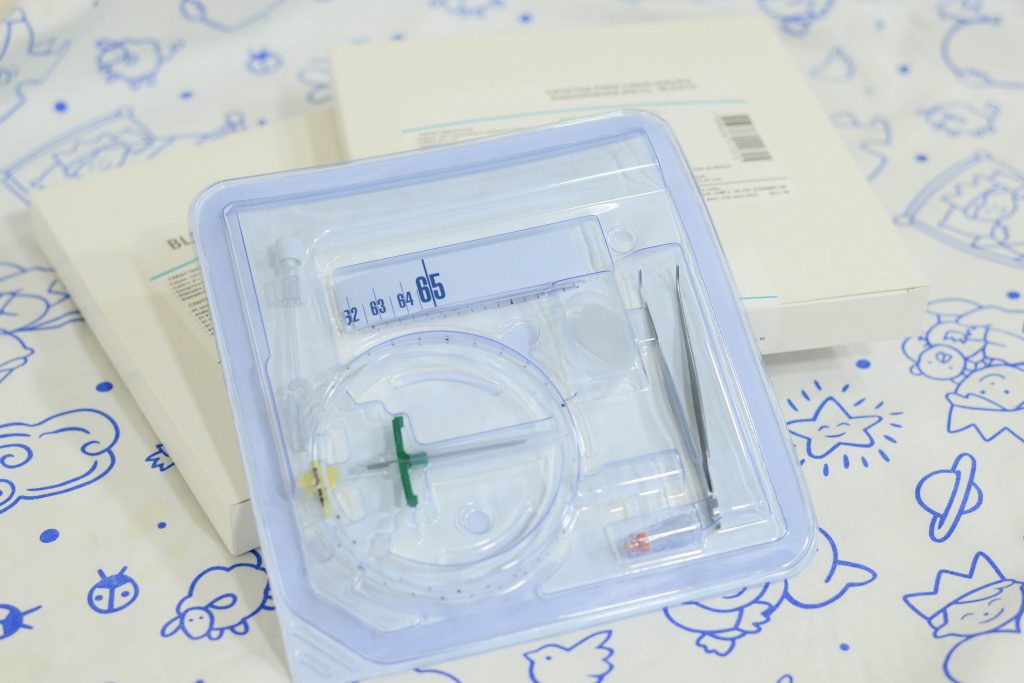
“Today our billing is similar to that of 2019, but it should be about 30% higher to face the increase in costs and inflation in the period,” he points out.
Key essential support
The executive director of Pequeno Príncipe Hospital, Ety Cristina Forte Carneiro, underlines the importance of continued support from companies and individuals to face this challenging scenario. “It is through continued support that we are able to make investments and promote consistent advances in our indicators, making significant contributions to the global goal of reducing child mortality, which is one of the Sustainable Development Goals (SDGs). Today we have support programs that record reinvestment rates above 70%. There are companies that have been with us for more than ten years,” she highlights. “Together, we will be able to overcome this troublesome moment in our centenary history, to continue offering health and rights to our boys and girls.”
More
Scientists are developing mouth gel to treat mucositis
The main adverse reaction of chemotherapy, oral mucositis causes intense pain and can be a gateway to other infections
Shortage of specialized hospitals leads families to cross Brazil in search of care
In a country with continental dimensions, Pequeno Príncipe is the only pediatric hospital to offer high-complexity care in 35 specialties through SUS (the Brazilian Public Health System)


